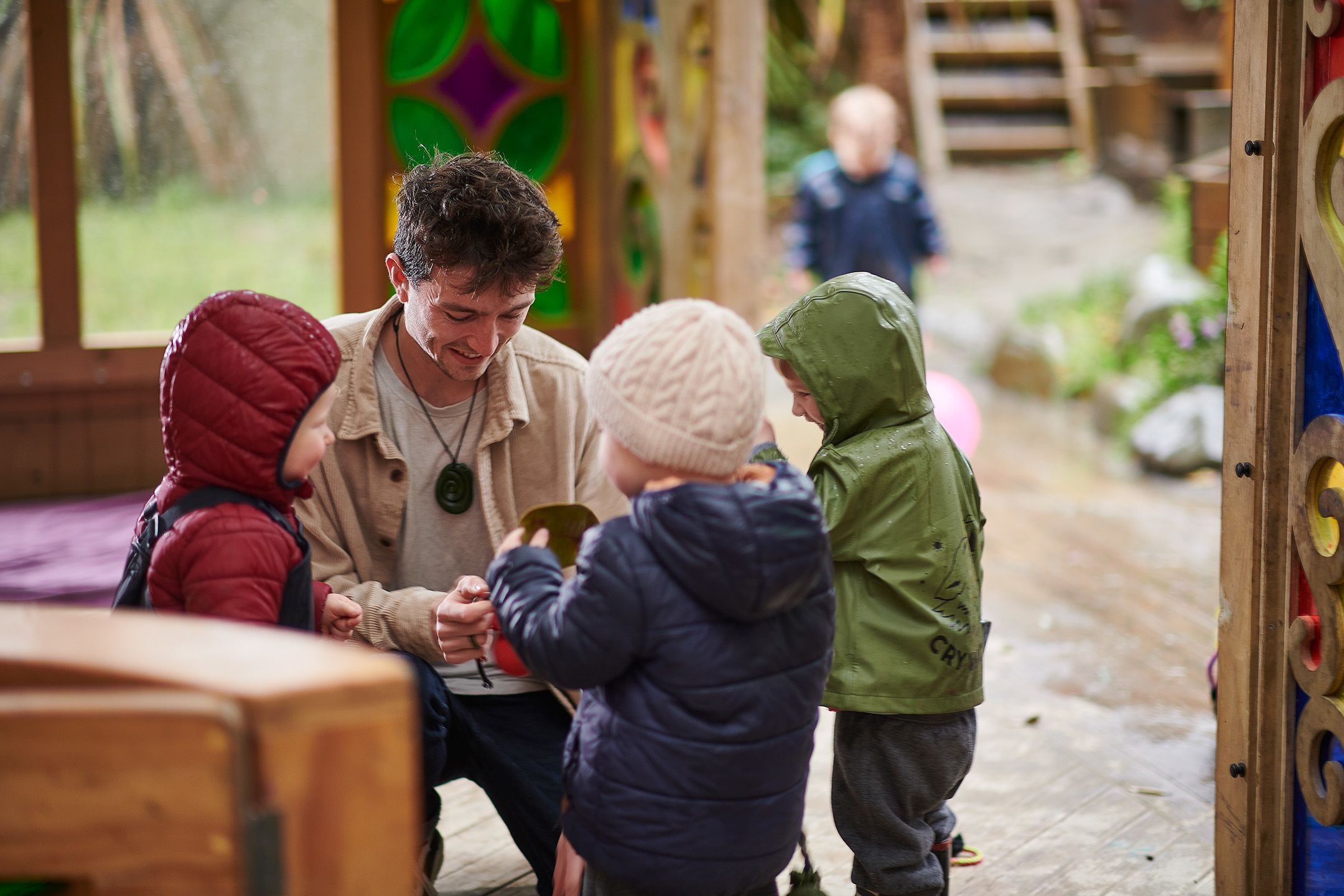Inspiring the next generation
A spur of the moment decision to join a friend at work led Josh to discover his life's passion. Now he's pursuing a PhD and hopes to inspire others.
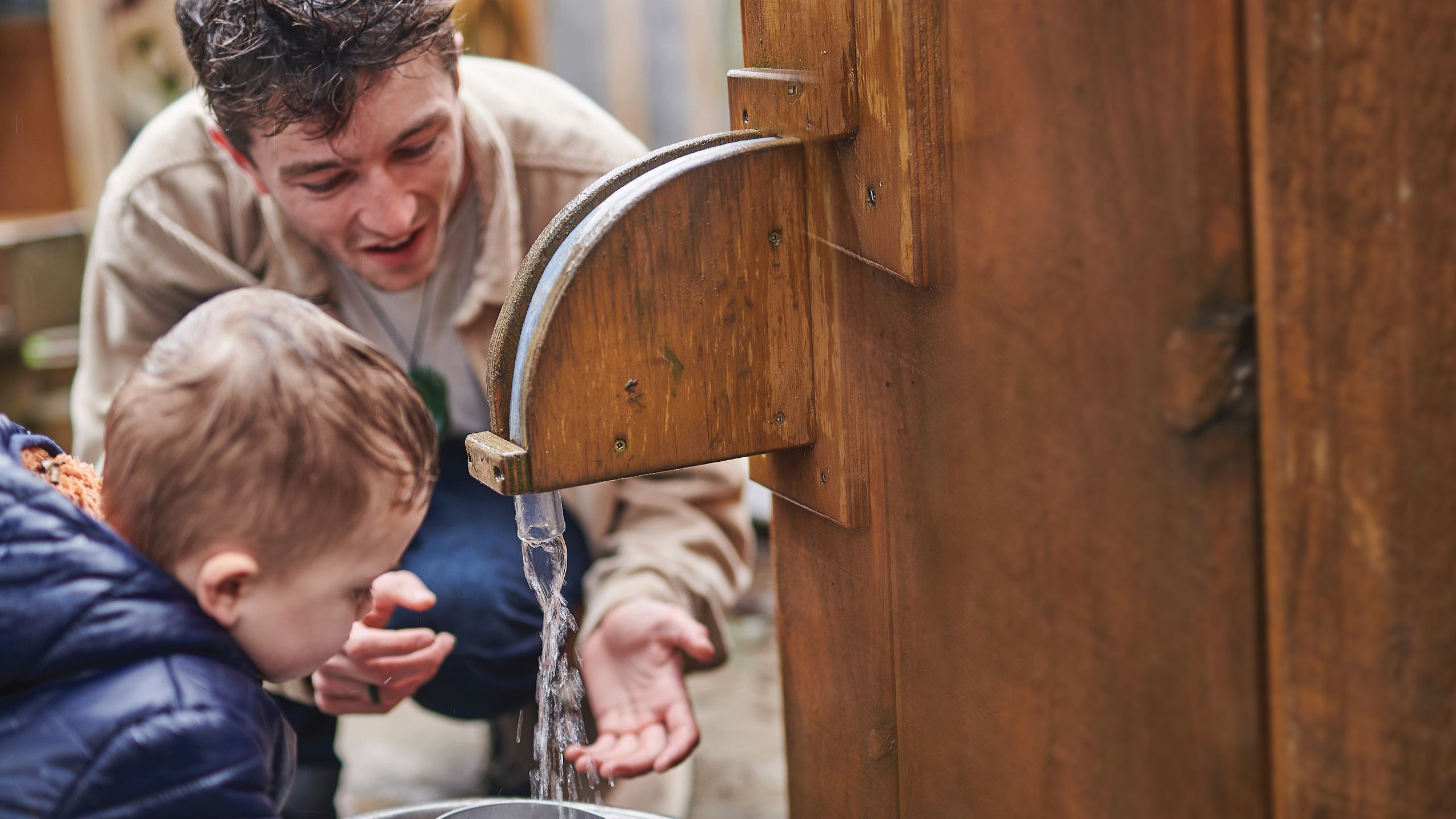
Te Herenga Waka—Victoria University of Wellington teaching alumnus Josh Allen thought he was going to be an actor, but when his mate, Max Christie, suggested he spend a day at the early childhood centre he was teaching at, he discovered his calling.
Now a qualified early childhood education (ECE) teacher (kaiako) who also presents professional development to teachers, he wants more men to see early childhood teaching as a viable career option.
The 25-year-old, who was the recipient of a Teacher Education Excellence Award and a graduate speaker in May last year, has dyslexia, struggled through high school and didn’t get University Entrance. He is now studying towards his doctorate and has received the Wellington Doctoral Scholarship.
After a year travelling and working in Canada, he knew it was important he did work he found meaning in.
“My best mate suggested I come and check out the ECE centre he was working in. I had the most awesome day, went on so many amazing adventures, and shared so many special moments with the tamariki. I realised this was vitally important to our society and something I could find a lot of enjoyment doing as well,” he says.
“Tamariki are incredibly inspiring. They are so present and curious about the world. They help me to be a better person.”
Josh was encouraged by his whānau and the kaiako at Childspace Karori, where he taught, to study as an adult and become a qualified kaiako. At first, he was reluctant as he was worried about failing and letting people down.
“But I was super passionate about it. I read heaps. I stayed behind after class and asked all these questions about what we were learning. From there I guess the passion drove the academic success.”
Josh believes there are many benefits in having more tāne (male) role models in early childhood education, the most obvious being providing positive male role models in the early years of a child's life, in a society where domestic violence, serious family issues and “toxic masculinity” are too common.
“We need gentle and kind male role models for young tamariki early in their lives so they can see what it is to be a good man, a kind man; someone that is going to give back to society and use their strength and mana, their power, for good.”
“We need men interacting with women respectfully so that children can see how to have respectful conversations and collaborate with women. Some young people don’t get to see that.”
“I see gentle, kind, respectful men in early childhood being a real instigator in breaking some of those cycles. It’s not everything but sometimes having that one person who you really connected with early in your life, can change your course.”
With males making up only three per cent of the ECE workforce in New Zealand, encouraging greater diversity and making sure people knew ECE was inclusive is vital in attracting more men to the profession.
“When tamariki have a diversity of teachers represented in their environment it enables them to choose who they want to learn with or play alongside, who they build an attachment with. That’s vital, especially in the first five years.”
In 2018 Josh and a friend set up a support group when they realised men were dropping out of early childhood training. The group drew not just men but students with learning difficulties, women, Pasifika, and Māori students.
He's proud the four males in his year group all graduated.
Josh says it’s also important high school careers advisors recognise ECE as a career option and “put it out there”.
Students he spoke to at local high school careers days to raise the profile of ECE often didn’t like school but enjoyed playing with nieces and nephews on the weekend or caring for siblings.
“They loved those moments with their whānau. It showed that they could be incredible early childhood kaiako, and they didn’t need an academic background.”
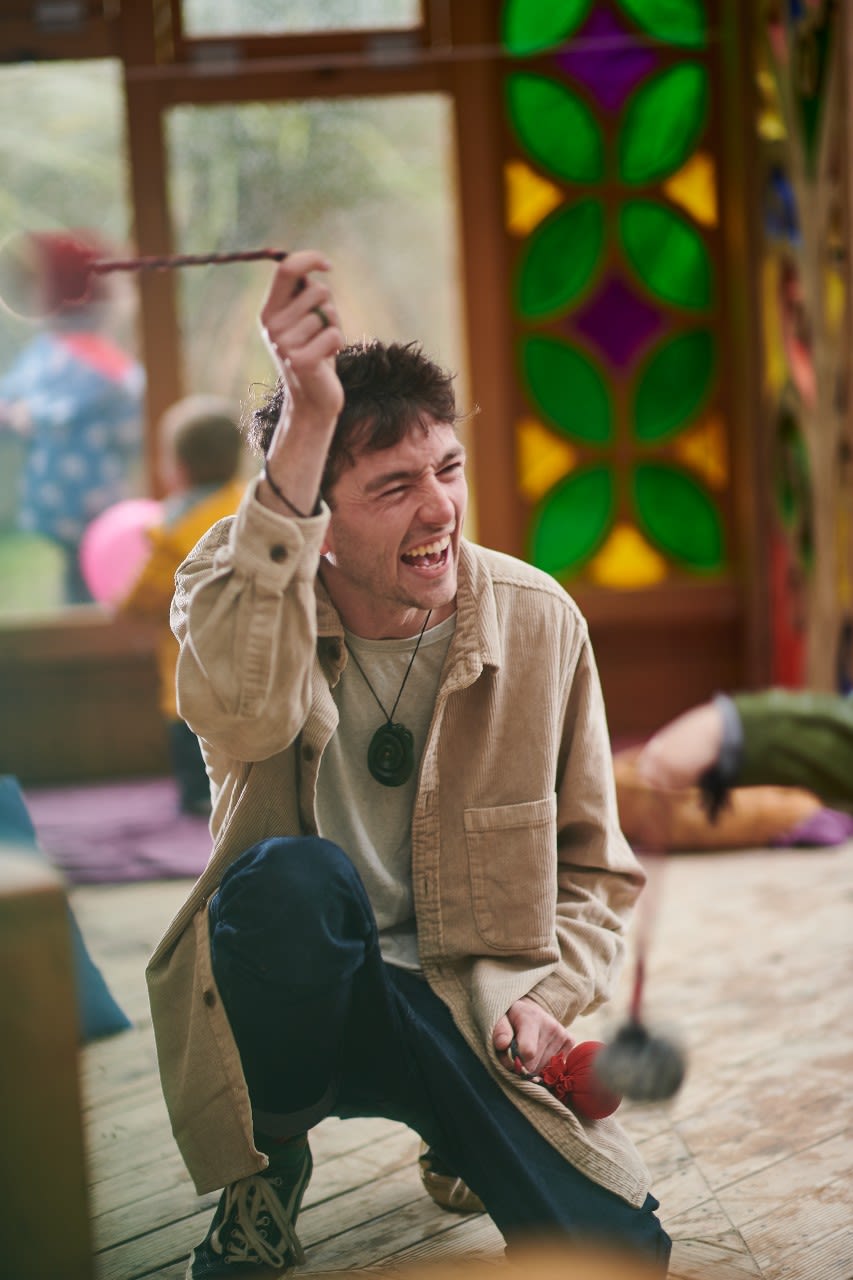
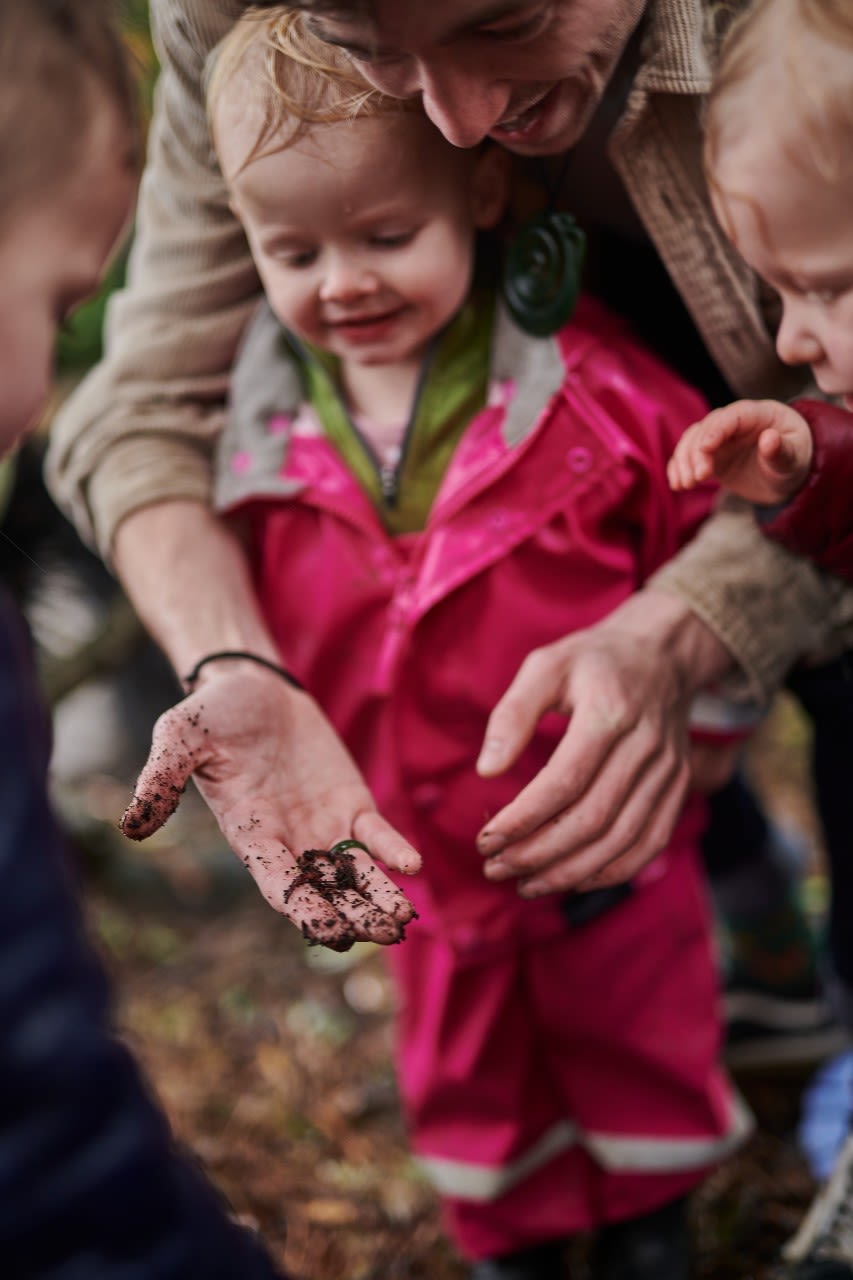
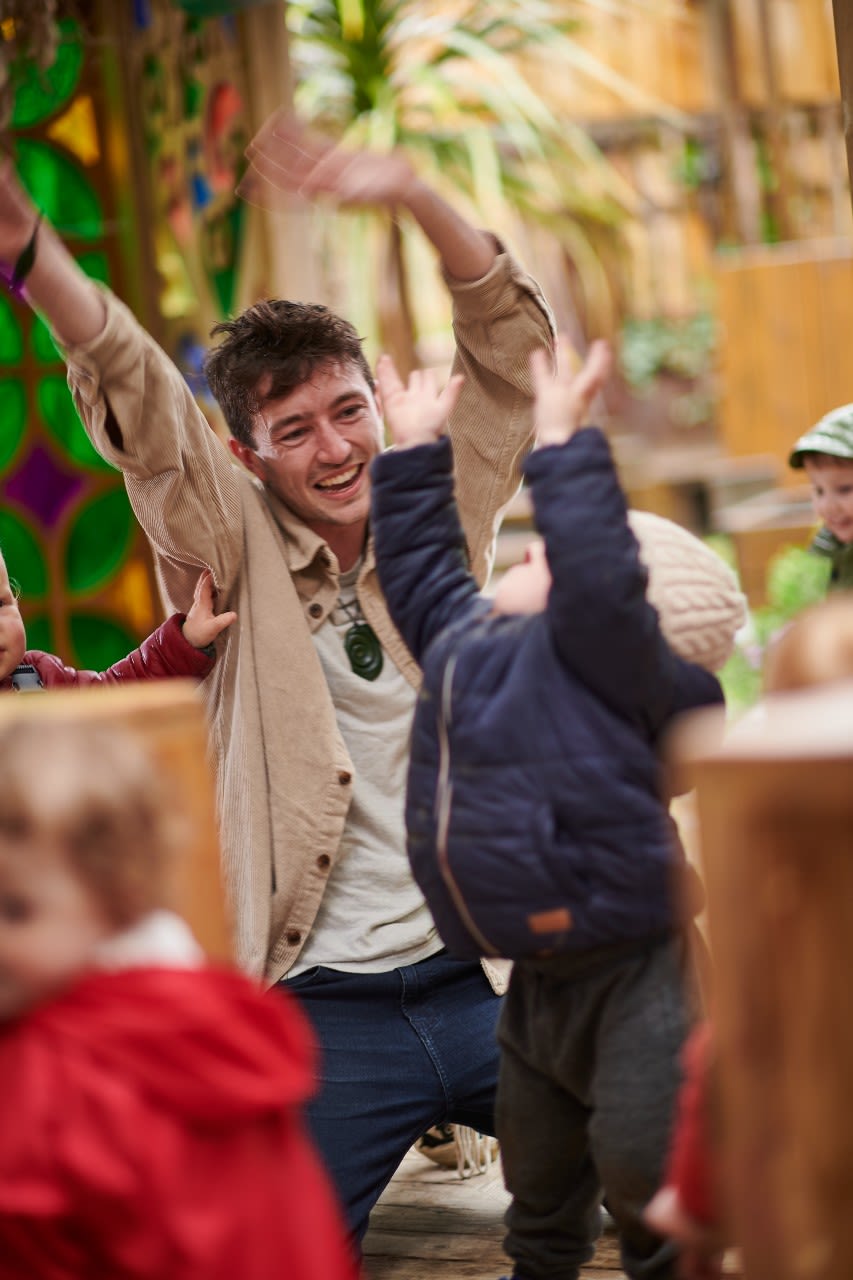
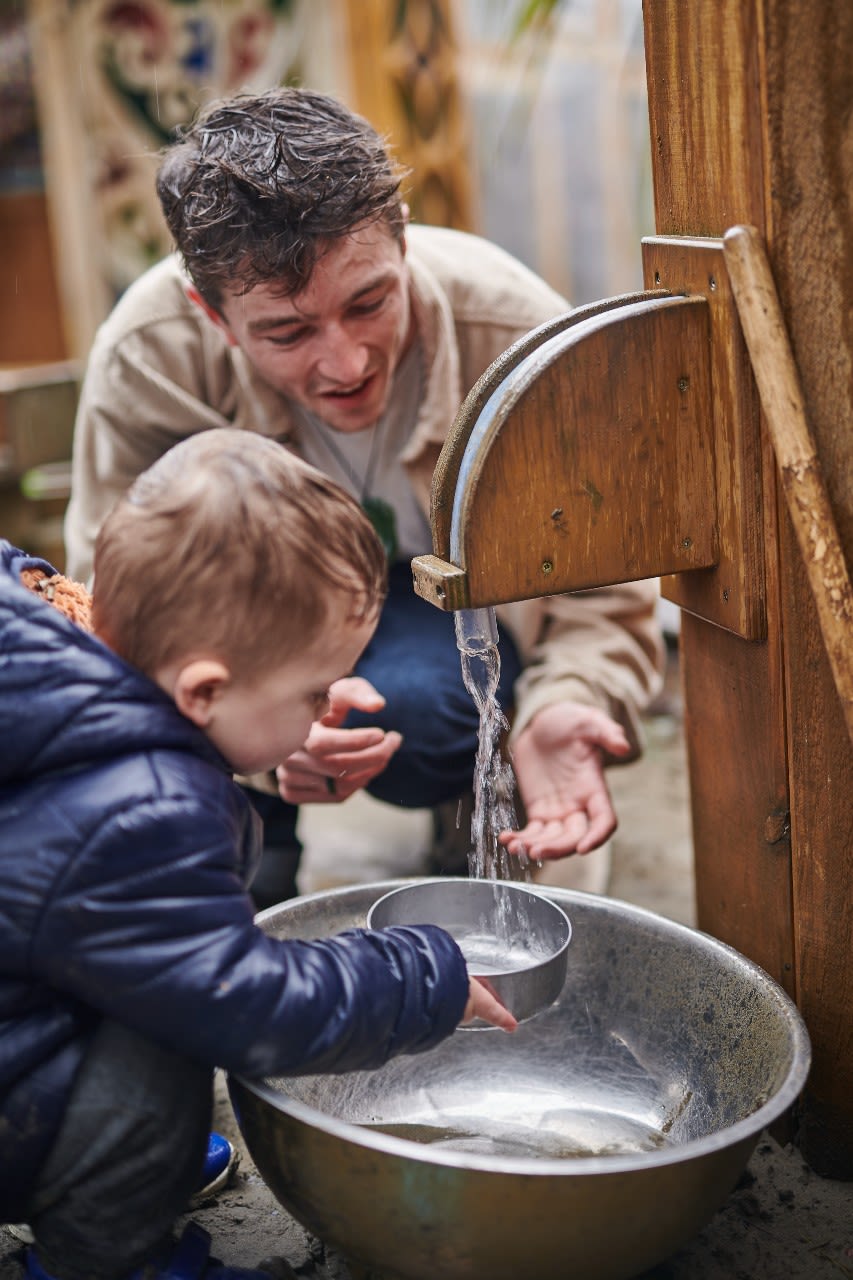
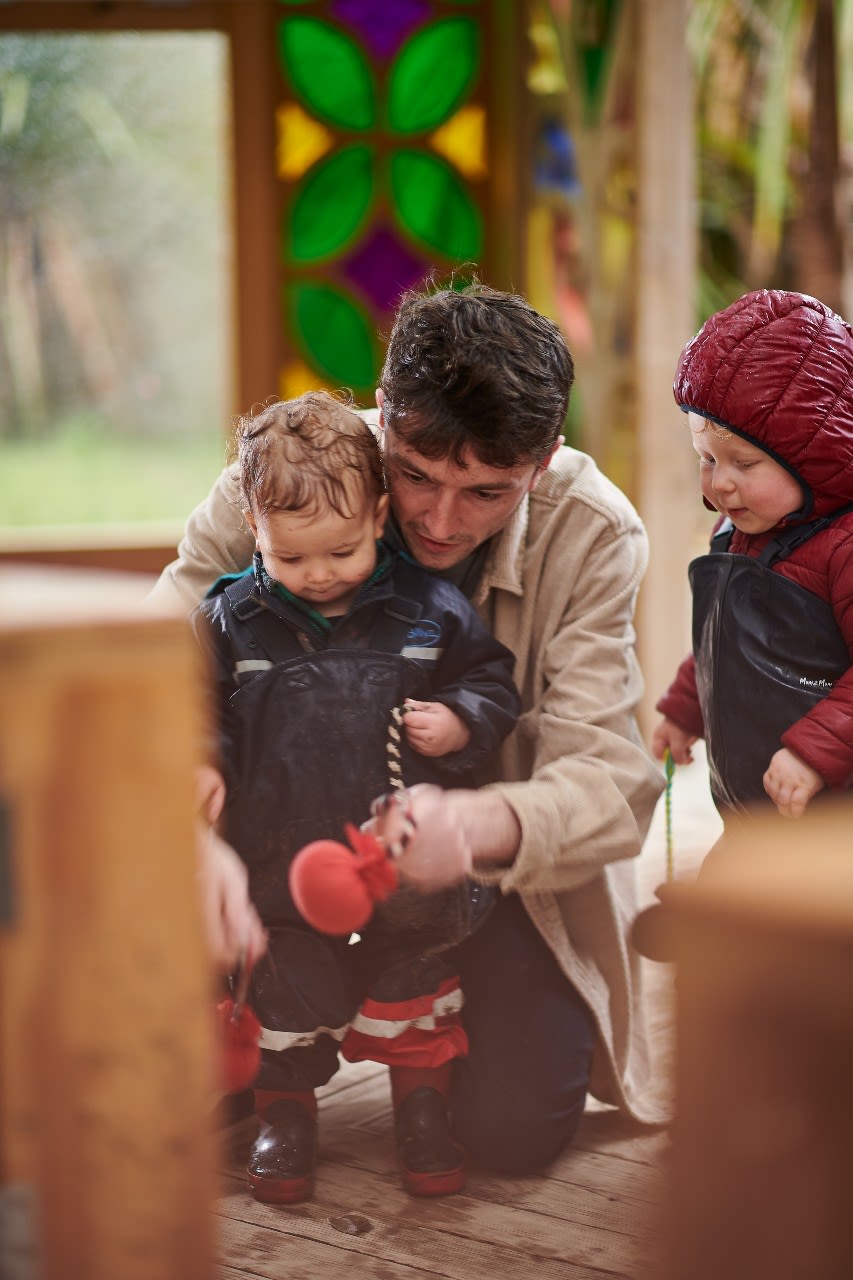
Furthering study into whakamana | empowerment
Josh, who continues to teach part-time, says his doctorate is focused on the ECE concept of whakamana or empowerment, a topic prompted by his experience of school.
“I thought back to the teachers who got to know me, who were holistic with me, how they slightly changed their approach so I understood, how they made me feel less of a formal hierarchical relationship and more of a friendship, they acted with honesty and integrity. That’s all empowerment, that’s enabling someone to grow into the best person that they can be.”
As a sector which is traditionally undervalued and underpaid, Josh is hopeful ECE will be better recognised like it is in some parts of the world. He hopes to support the sector in resolving some of those wider issues.
“My hope would be that all tamariki can experience an empowering education early in their lives. My dream would be to own my own early childhood centre. Then I could both be a leader in the sector and keep being kaiako, inspired by ngā tamariki. For me that would be the ultimate.”
